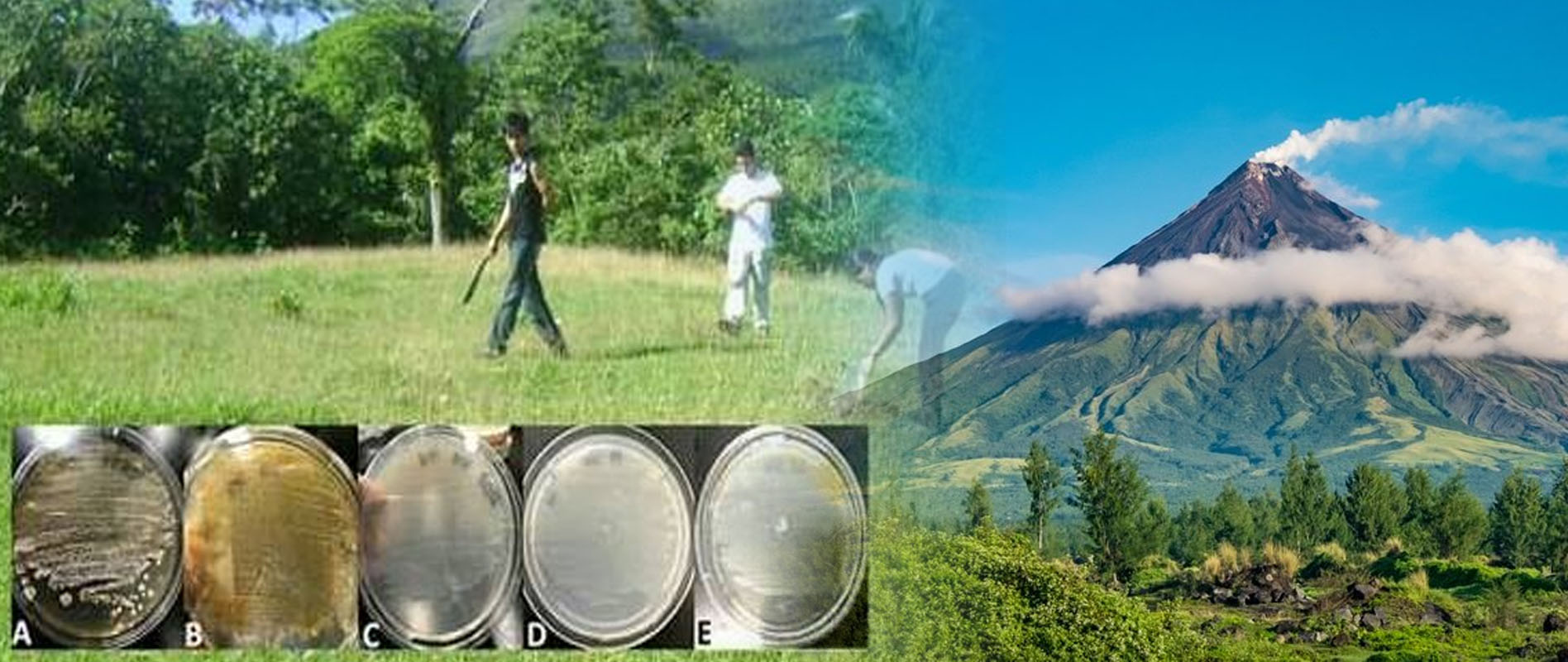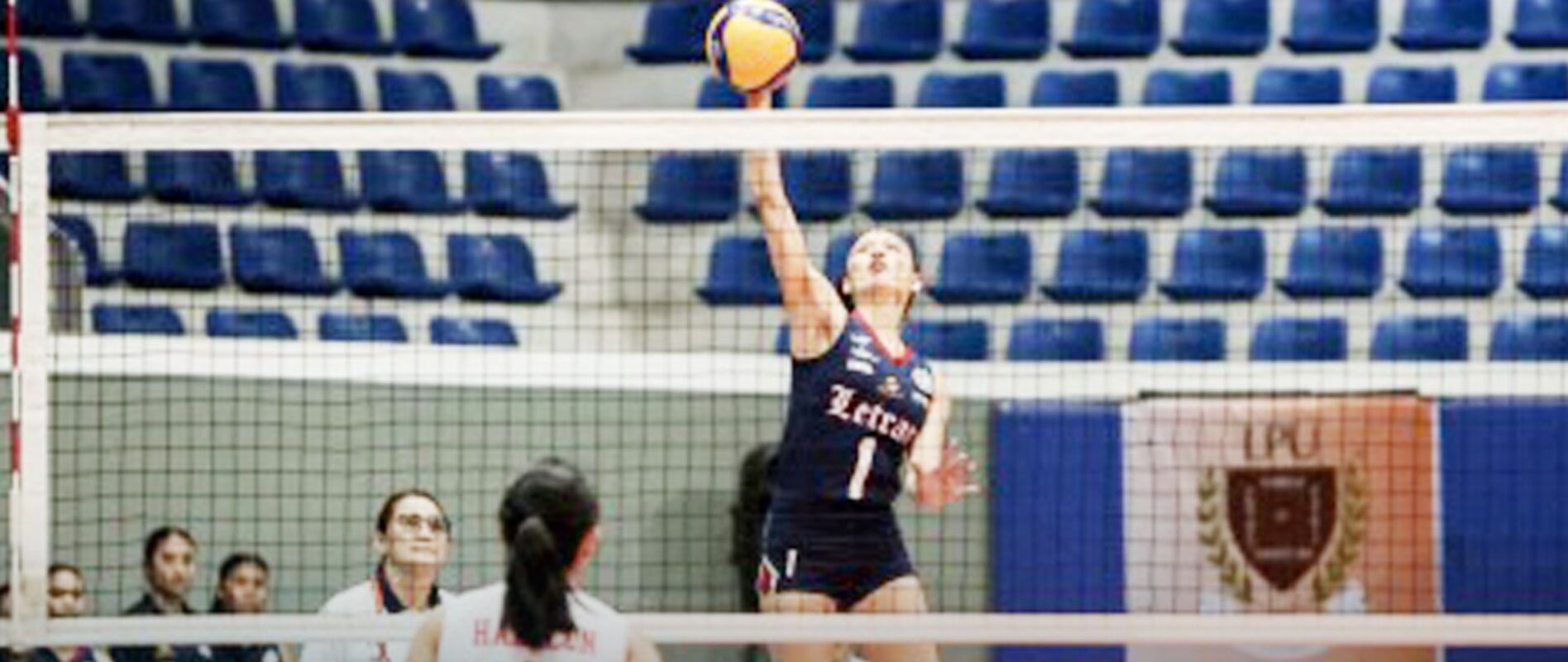UPLB RESEARCHERS DISCOVER ANTI-CANCER PROPERTIES IN MAYON SOIL
RESEARCHERS from the University of the Philippines Los Baños discovered a species of bacteria living on soils in Mt. Mayon that showed potential to treat colorectal cancer.
RESEARCHERS from the University of the Philippines Los Baños discovered a species of bacteria living on soils in Mt. Mayon that showed potential to treat colorectal cancer.
The Department of Science and Technology said the bacteria identified as “Streptomyces sp. A1-08″ had antibiotic activity against several pathogenic microorganisms.
It was among the 30 species that were isolated from soil samples from Mt. Mayon and will be named “Streptomyces mayonensis A1-08″.
Project leader and UPLB Assistant Professor Kristel Mae P. Oliveros said that they were excited with the results of their experiment.
“One of the objectives of the study is to screen actinomycete isolates for antimicrobial activity. Therefore, we ensured that our selected test organisms would represent some of the major groups of microorganisms, including bacteria, yeasts, and molds to capture a broader antimicrobial spectrum result,” Oliveros said.
“The choice of test organisms was also associated with World Health Organization’s list of human pathogens that post eminent danger to human health by 2050, mainly due to antibiotic resistance,” co-worker Albert Remus R. Rosana added.
Streptomyces sp. A1-08 underwent an anti-colorectal cancer test and genomic analysis and showed that its crude extracts indicated low potency when compared to doxorubicin, a chemotherapy drug.
The researchers noted the need for further research to put the project in large-scale pharmaceutical use.
The research was funded by the UPLB Basic Research Grant and scholarship grants.














